Washington State Investment Board allocates $400 million across two farmland funds
- GAI
- 28 February 2023
WSIB has allocated a total of $400 million into a separate account with UBS Farmland Investors and a Homestead Capital USA Farmland Fund IV.
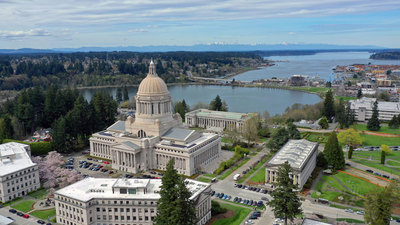
WSIB has allocated a total of $400 million into a separate account with UBS Farmland Investors and a Homestead Capital USA Farmland Fund IV.
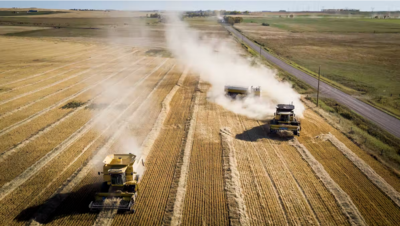
We should be concerned about the financialized logic promoted by investors and mega-farmers, which seeks to extract monetary value from every square inch of farmland.
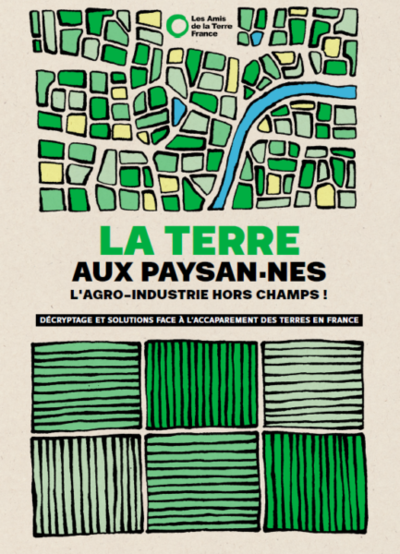
À l'occasion du Salon de l’Agriculture, Les Amis de la Terre France publient le rapport “La Terre aux paysans, l’agro-industrie hors champ” dénonçant l’accaparement des terres agricoles en France, et appelant à plafonner le nombre d’hectares contrôlables par les multinationales et les agri-managers.
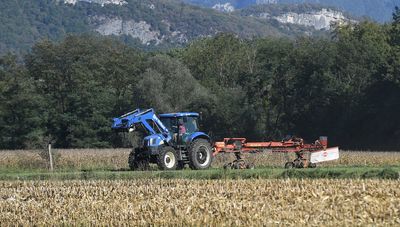
Dans un rapport publié lundi, l'association Terre de Liens s’inquiète de l’accaparement de terres agricoles françaises par des firmes industrielles.
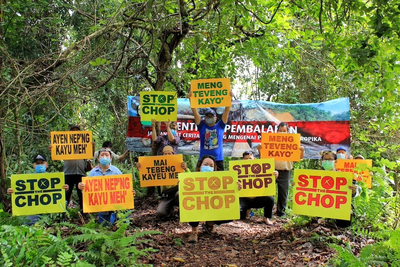
The UN counted 355 SLAPPs from the business community between 2015 and 2022. Individuals and organisations that expose human rights violations, abuses in mining, agriculture and forestry and on palm oil plantations are most often affected.
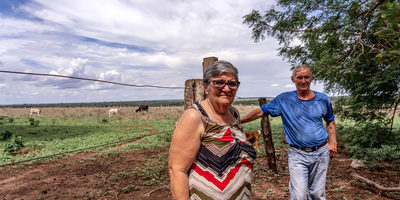
Small farmers in Brazil are giving up on food crops and risking debt, lured by the big business of soy export.
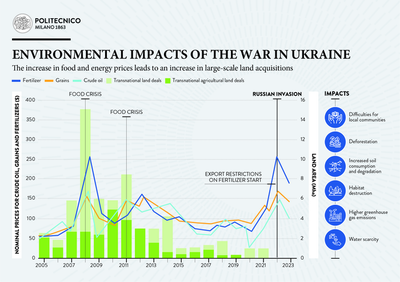
The war in Ukraine could stimulate a new global land race that could affect the world's agricultural system, says a new study by researchers at the Politecnico di Milano.
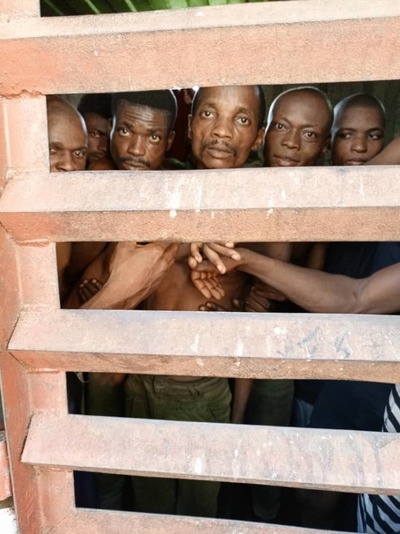
Groups call on European governments to honour their responsibilities to the communities affected by their investments in a DR Congo palm oil plantation by taking action to stop the violence surrounding the mediation process.

Les gouvernements européens doivent honorer leurs responsabilités envers les communautés affectées par leurs investissements dans une société d'huile de palme et mettre fin à la violence entourant le processus de médiation.
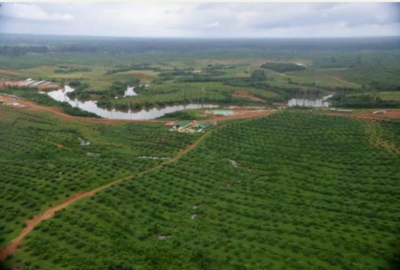
Palm oil producer Socfin systematically excludes parts of their plantations from certification. This way, they do receive the RSPO certificate, while large parts of their plantations do not meet the environmental and social requirements, analysis by Milieudefensie shows.
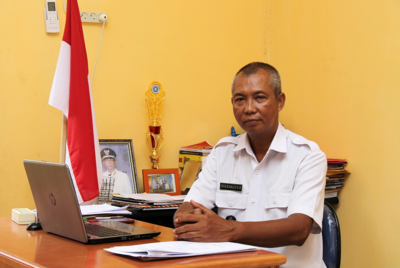
An investigation by Mongabay, The Gecko Project and BBC News found villagers across Indonesia gave up their land to corporations in exchange for a share of the palm oil boom but have been left with empty promises. Tom Walker, head of research at The Gecko Project, argues that increasing transparency, accountability and investigations of errant companies are critical steps that could be taken to solve the problem.
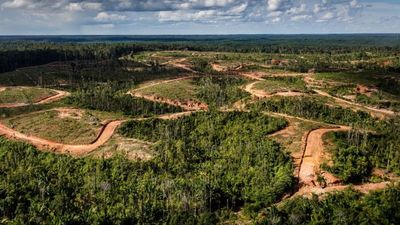
Analisa dari Milieudefensie menemukan bahwa Perusahaan Sawit Socfin secara sistematis menyembunyikan sebagian dari perkebunan mereka dari sertifikasi. Dengan cara ini mereka berhasil menerima sertifikat RSPO, sementara sebagian besar perkebunan mereka tidak memenuhi persyaratan lingkungan dan sosial